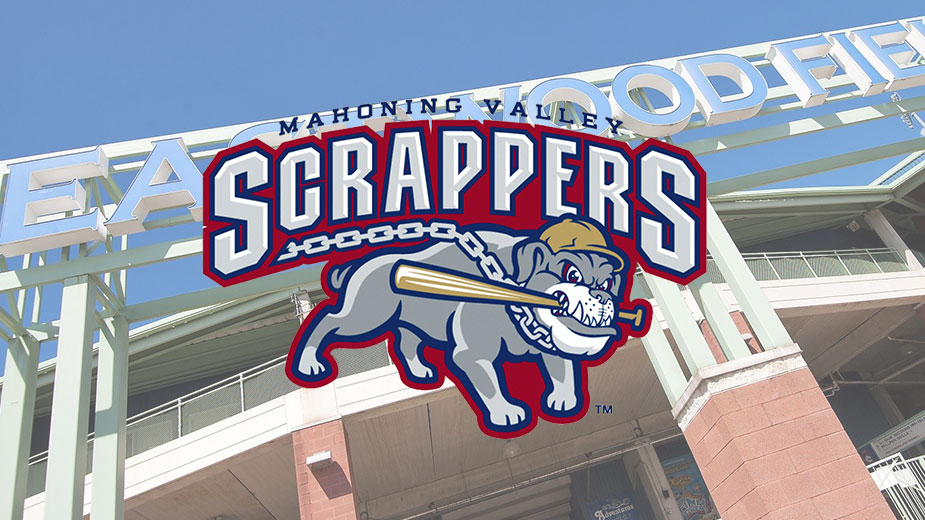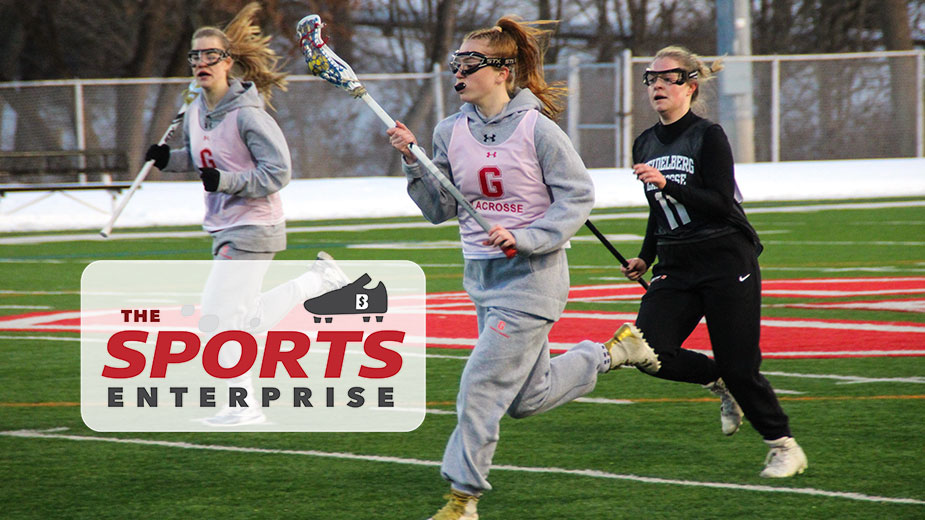It Takes Persistence, Networking to Make the Cut in Sports Industry
YOUNGSTOWN, Ohio – Robert Zullo, Westminster College’s sports management program coordinator, had a rude awakening when he tried to pursue a career in sports. On Wednesday evening, he passed along some of his wisdom during a video conference for the Youngstown chapter of Score.
Zullo, a former high school basketball player, grew up an avid sports fan. He began applying for internships in sports management toward the end of his undergraduate studies at the University of Virginia. But he was met with rejection letter after rejection letter.
That was until he was offered an internship at the Virginia Military Institute, which paid just $1,000 for 10 months of work. It was Zullo’s first experience with how difficult it is to enter and retain a career in sports management.
“If I didn’t take that position, somebody else would have and I wouldn’t have ended up on this journey,” Zullo said.
Zullo’s internship at VMI was the first step on his way to a career in sports. In his career, he’s made stops at the University of North Carolina, University of Georgia, Virginia Tech and James Madison. Eventually, he settled down at Westminster.
While the industry is continuously changing, so is the perception of sports management in the classroom, he told viewers.
Ohio University was the first school to provide a Sports Management curriculum. It combined aspects of physical education, business, history and communications. This led to national debates in academia on what the new field’s focus should be.
Eventually, the core concepts of the field were established, he said. Ethics, finance and economics, law, management, marketing and media, sociology and psychology became the focus nationwide.
“One of the things nobody really thought about was facility and events,” Zullo said. “So even though the core has been established, it continues to evolve on a regular basis.”
Writing, sales, promotions, attention to detail and the ability to work with numbers are all skills necessary to landing a job in sports management, he said. He also said maintaining a competitive nature will be necessary to getting a foot in the door.
He emphasized the importance of networking in sports, drawing from his personal experience with his VMI internship. The associate athletic director at VMI was the one who recommended a North Carolina’s graduate program, and Zullo’s resume started to build from there.
“Whenever you’re at a conference, see if there’s a career fair so you can drop resumes off and do some small talk with the people that will ultimately look at it,” Zullo said.
Sports elicits an emotion in fans, he said. Many fans aspire for careers in the industry, such as becoming the next general manager of the Pittsburgh Steelers or similar positions, he said. But the reality is many will find careers in other sports-related fields.
Sports agencies, apparel, campus recreation and college sports are all options for someone who doesn’t make it to the highest levels of sports management, Zullo said. Nonprofit groups such as Big Brothers Big Sisters of America also hire people with sports backgrounds.
“I don’t skate to where the puck is. I skate to where it’s going,” Zullo said, quoting Hockey Hall of Famer Wayne Gretzky.
The key to working in sports management, he added, is thinking outside of the box. He expects the increased use of analytics will play a role in the sports industry as that trend continues to expand.
“Tom Brady is irreplaceable,” Zullo said. “If you can find ways to generate revenue for your organization, you’re irreplaceable.”
Copyright 2024 The Business Journal, Youngstown, Ohio.



